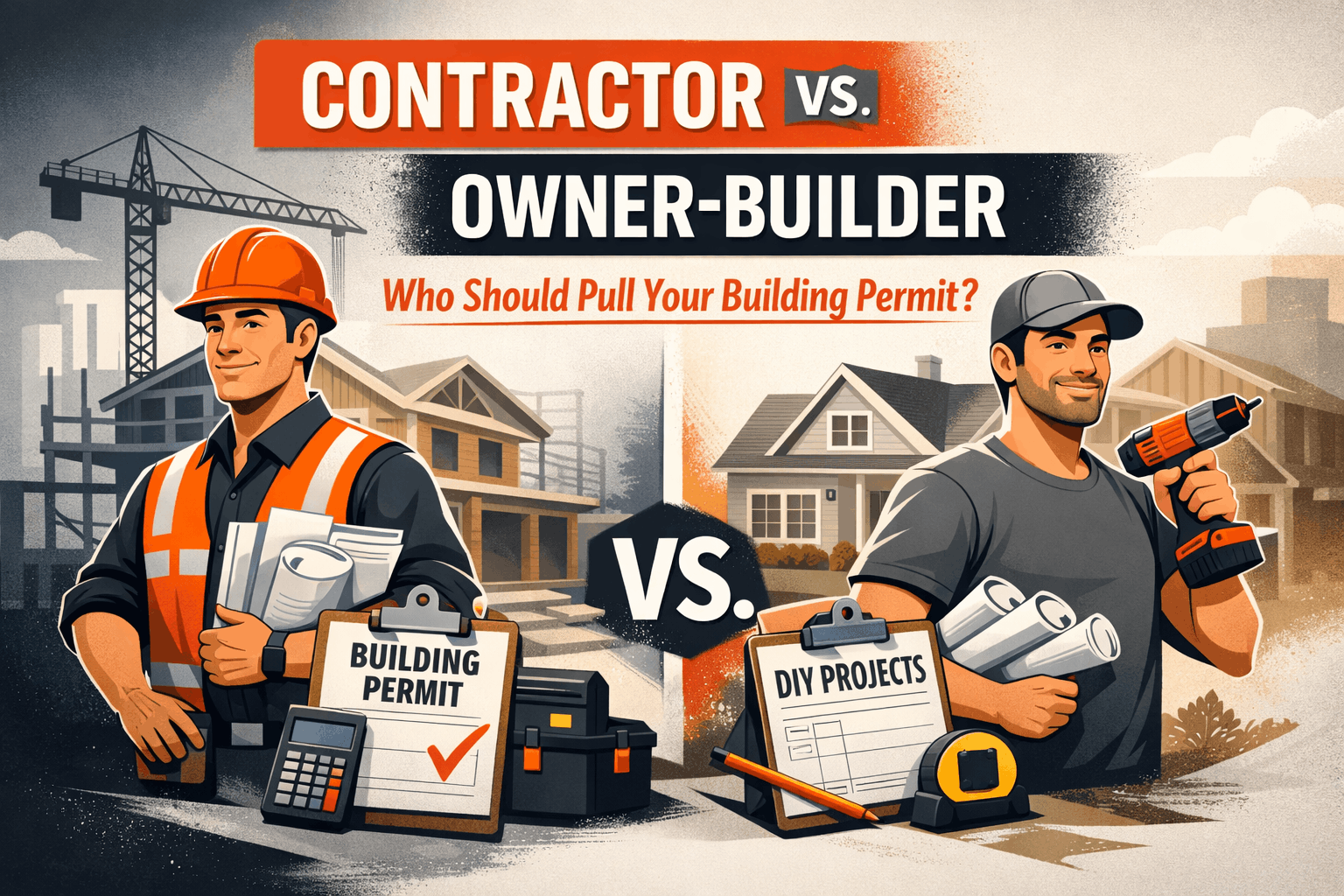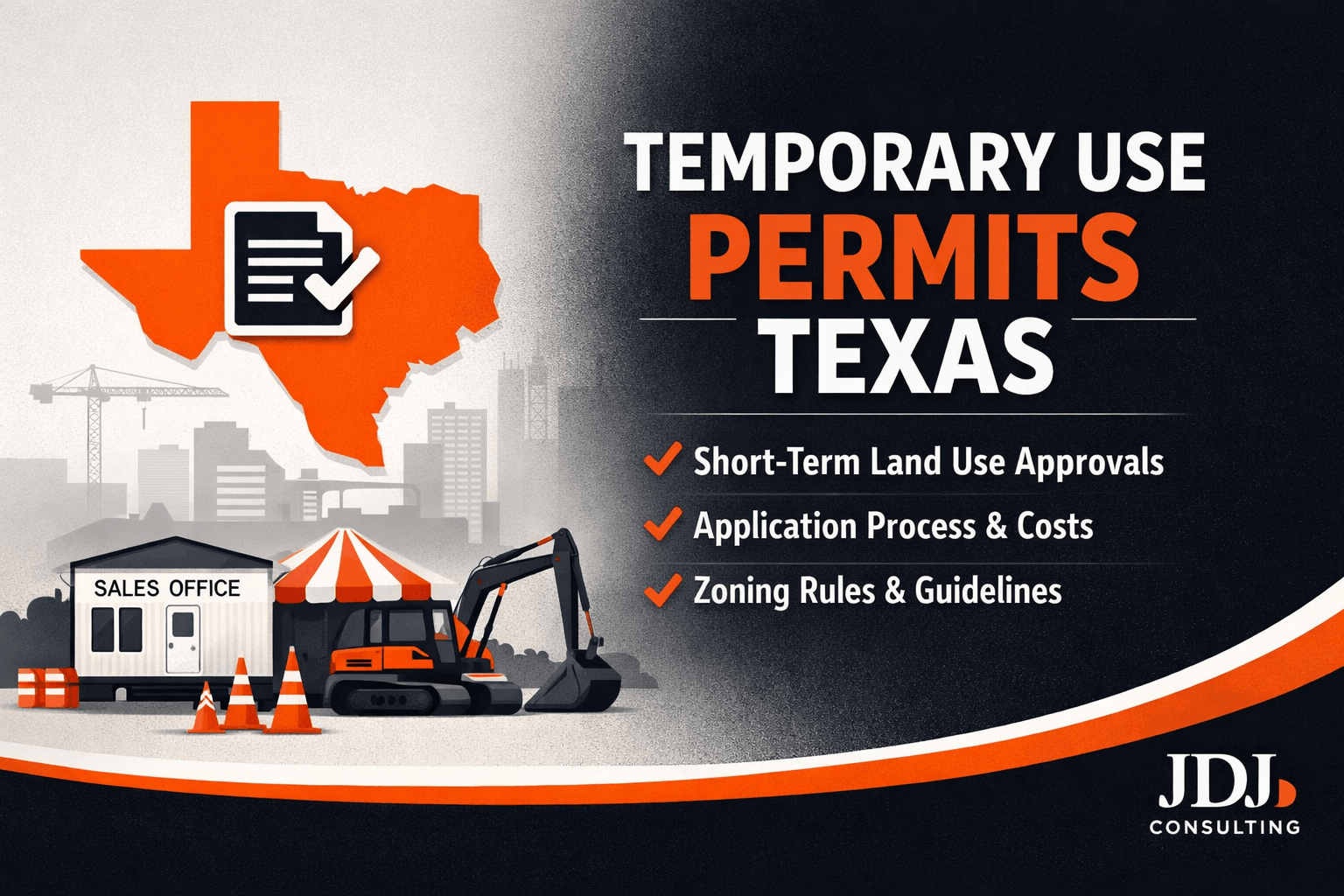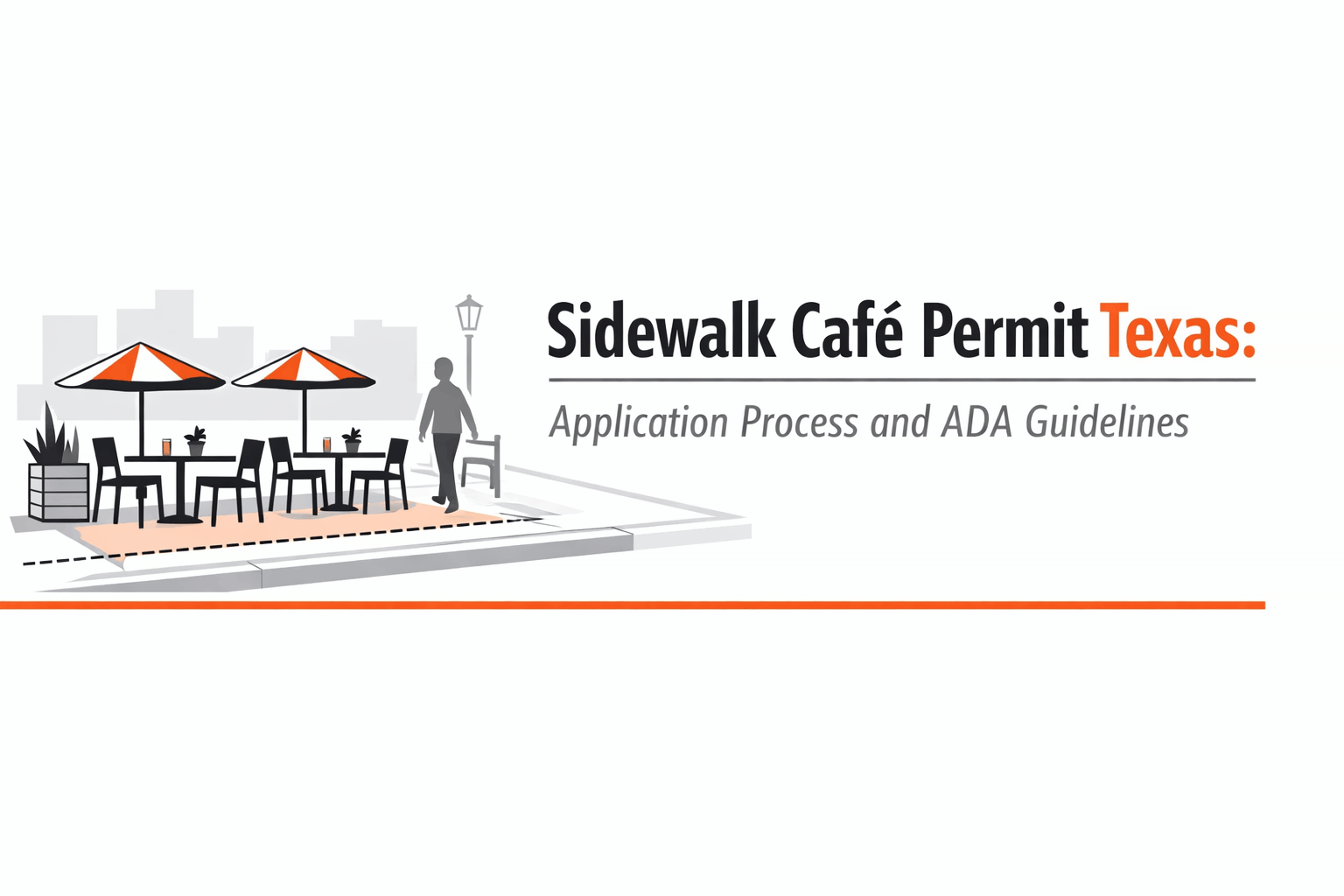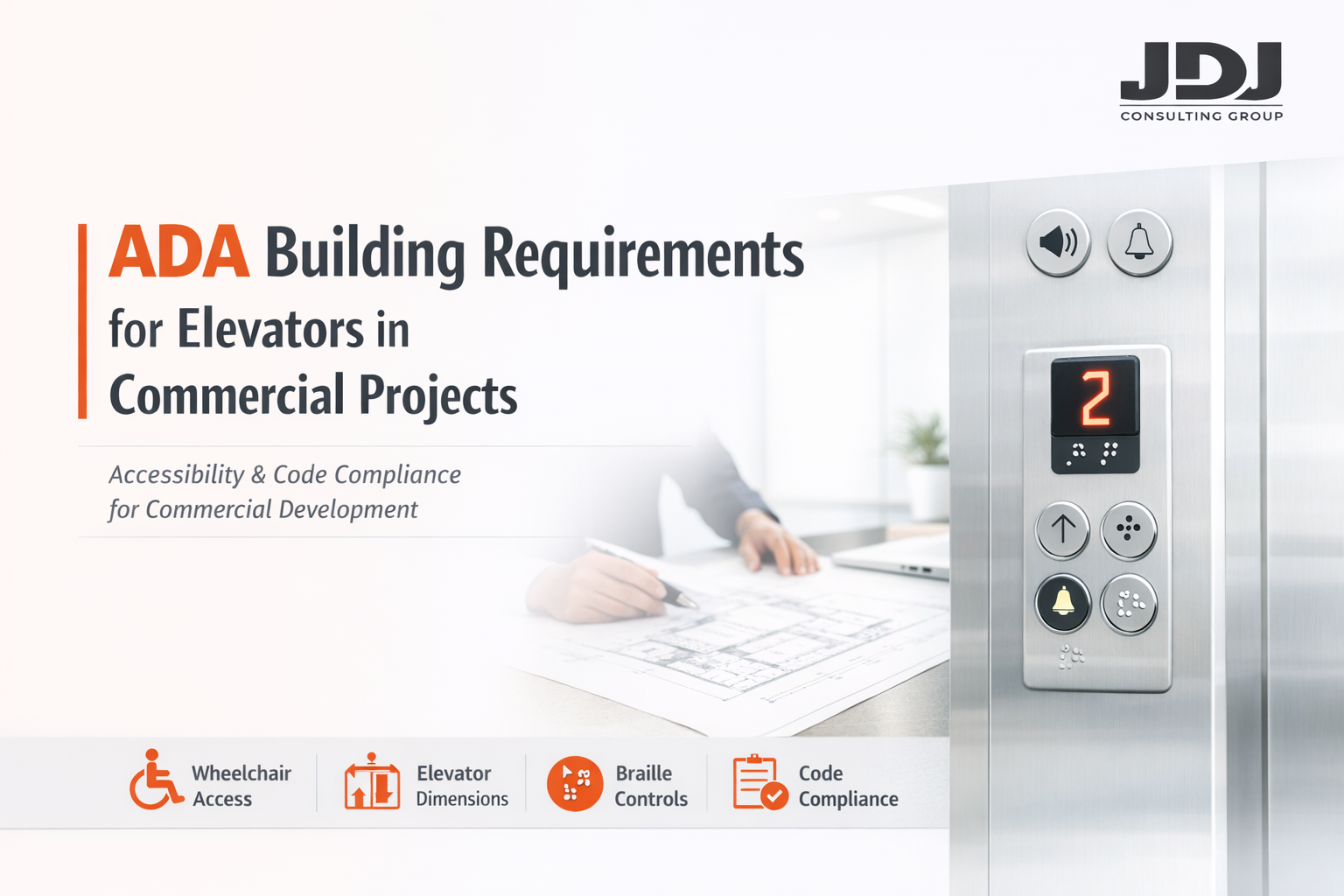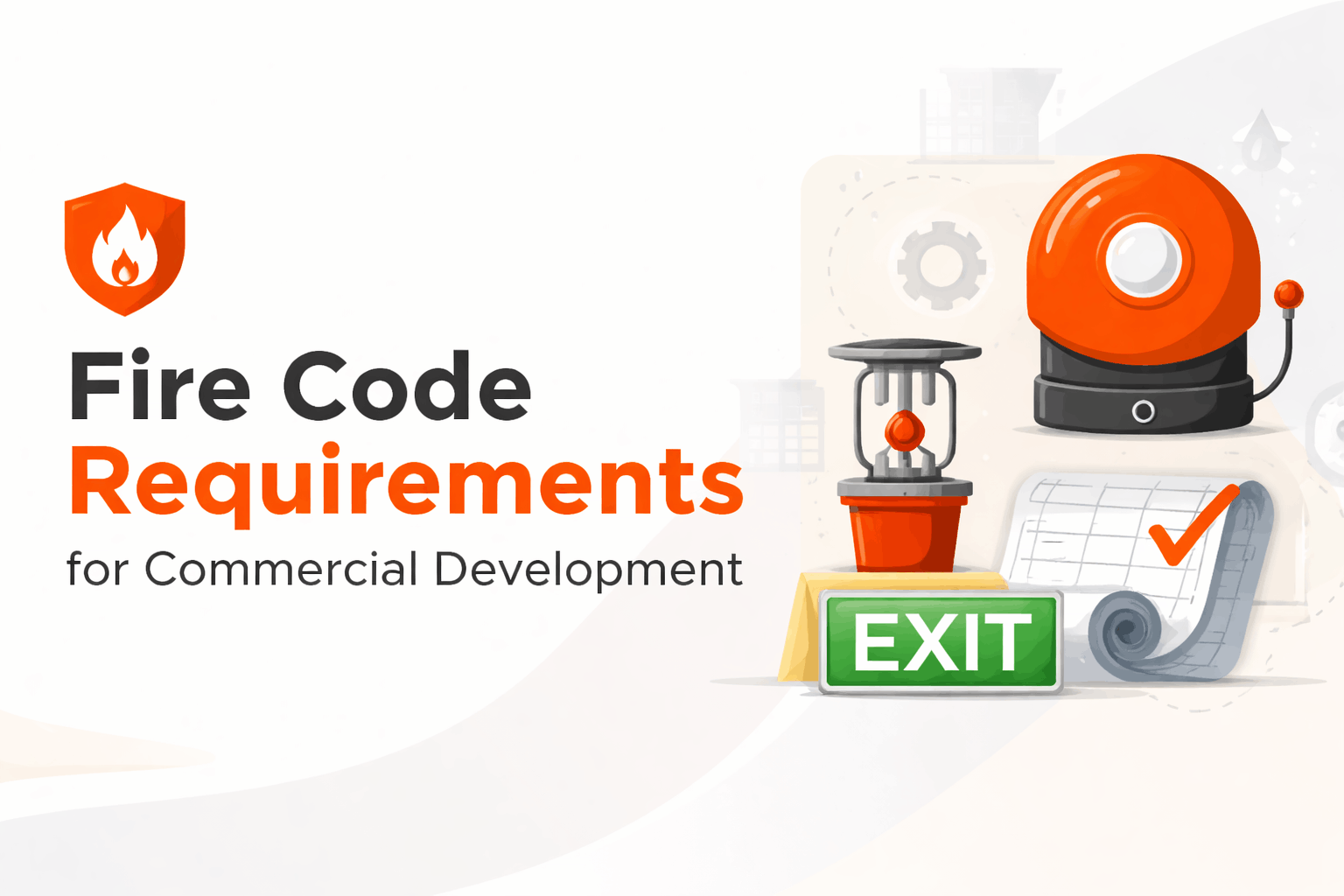Los Angeles homebuyers are caught in a mental tug-of-war.
On one side, there’s the dream — sunshine, a yard, your own space to paint, build, and plant lemon trees. On the other side, there’s fear — headlines about high interest rates, affordability crises, and talk of an “impending crash.”
It’s the same debate playing out in every café and open house: “Should I wait for prices to drop… or get in while I still can?”
Here’s the honest take — from what’s really happening in the LA market, why the so-called “crash” never quite arrives here, and what smart buyers should consider before making their move.
The Emotional Rollercoaster of Buying in LA
Buying a home in Los Angeles isn’t just a financial decision. It’s emotional, even existential.
You scroll listings, find a cute 700-square-foot house near your favorite café, and then the number hits you — $790,000. For less than 1,000 square feet. You start thinking, this can’t be normal.
But here’s the thing: in LA, it kind of is.
The city’s mix of geography, zoning laws, and high demand keeps inventory limited. Every pocket of LA — from Highland Park to Culver City — has a story behind its pricing. And in most of those stories, prices rarely fall for long.
The Myth of the Big LA Market Crash
Let’s get this out of the way: Los Angeles doesn’t follow the same rules as other real estate markets.
People have been predicting a crash here for decades — in 2011, in 2015, in 2019, and now again in 2025. Yet, somehow, the “correction” everyone waits for either doesn’t come, or it’s so brief you miss it while waiting on the sidelines.
Why? A few reasons:
-
Land scarcity: There’s no more space to build. The ocean, the mountains, and zoning restrictions mean supply is permanently tight.
-
Global demand: LA attracts wealth from all over — entertainment professionals, tech workers, international investors, and retirees chasing sun.
-
Resilient jobs market: While industries fluctuate, Los Angeles remains an economic powerhouse across media, health, and logistics.
-
Cultural magnetism: People will always pay a premium to live where creativity and lifestyle meet.
When the national housing market dips, LA might flatten or see a modest correction. But “doom” never really arrives.

Timing the Market: The Illusion That Costs You More
Everyone wants to buy low and sell high — that’s basic investing. But when it comes to homes, timing the market is like predicting the weather three months ahead. You might get lucky once, but you can’t build a life around guesses.
Historically, waiting for a crash has cost more than buying during uncertainty.
Buyers who hesitated in 2014 or 2019 because they thought prices were “too high” are now facing doubled valuations. Even during the 2008 financial crash, LA homes didn’t stay low for long. Within a few years, values rebounded and climbed past pre-crash levels.
Bottom line: You don’t time the market. You time your life.
If You Can Comfortably Afford It, You’re Not Buying at the Wrong Time
Affordability is the real metric — not whether prices might dip next year.
Ask yourself:
-
Can you make monthly payments without stress?
-
Do you have an emergency fund covering at least six months of expenses?
-
Are you planning to stay in the home for at least five to seven years?
If your answer is “yes,” then you’re likely buying at the right time — for you.
A home’s short-term value matters less than your long-term stability. Even if prices dip slightly, you’ll recover that and more over the years through appreciation and loan paydown.
Think of your home not as a quick flip, but as a base for life.
Los Angeles Real Estate: It’s Not Just About the House — It’s About the Land
Here’s something most first-time buyers don’t realize:
In LA, you’re not just buying walls and a roof — you’re buying dirt. That land beneath your 700-square-foot house is what appreciates. Structures age; zoning and land values rise.
Even a tiny home can hold surprising potential if the lot allows for:
-
ADU (Accessory Dwelling Unit): Build a rental or guest house for extra income.
-
SB9 lot split: Divide and develop, increasing your property’s long-term value.
-
Future renovations: Expand upward or outward as finances grow.
That’s why JDJ Consulting Group and other real estate professionals often emphasize feasibility. It’s not about what’s built today — it’s about what could be built tomorrow.
Interest Rates vs. Market Opportunity
Interest rates have become the new boogeyman of real estate talk. Yes, rates rose sharply after 2020. But that’s not the whole story. When rates rise, prices often soften. When rates drop, demand surges again — and prices jump back up.
That means waiting for lower rates can backfire. You might save on interest but end up paying more for the house itself.
A smart strategy?
-
Buy when you find the right property.
-
Refinance later when rates drop.
In other words, “Marry the house, date the rate.”
The Real Risks You Should Consider
While market crashes may be unlikely, that doesn’t mean there are no risks. Here’s what does deserve your attention:
1. Insurance Costs
California’s insurance landscape has changed. Fire, flood, and earthquake coverage are harder to secure — and pricier. Before closing, always check:
-
Whether the property is in a high-risk fire zone
-
What coverage options still exist in your area
-
Whether your lender requires additional policies
2. Property Condition
A charming “starter home” can hide deferred maintenance. Always budget for repairs or upgrades, especially in older LA neighborhoods.
3. Location Trends
Some areas are cooling while others are booming. Proximity to new transit lines, ADU-friendly zoning, or redevelopment corridors can all impact appreciation.
4. Hold Period
Real estate rewards patience. If you can stay put for at least seven years, short-term dips won’t matter.
The Psychology of “Buying Fear”
Let’s talk mindset.
People often talk themselves out of buying not because they can’t afford it — but because they fear making a mistake. They imagine worst-case scenarios:
-
“What if the market crashes next year?”
-
“What if I lose my job?”
-
“What if I regret it?”
But fear doesn’t pay rent. And rent, especially in Los Angeles, only moves one way — up.
Over time, owning almost always wins financially. But more than that, it wins emotionally. Stability, control, and pride of ownership are worth more than the illusion of “perfect timing.”
When Waiting Actually Makes Sense
Still, waiting can be wise — in certain cases.
Hold off on buying if:
-
Your job or income is unstable.
-
You don’t plan to stay in LA for more than three years.
-
You’re already stretched thin by debt.
-
You haven’t factored in property taxes, insurance, and maintenance.
In those cases, waiting and saving is strategic, not fearful. Use the time to strengthen your financial foundation.
Smart Buyers Focus on Feasibility, Not Fear
Today’s smart LA buyers aren’t asking, “Will prices fall?” They’re asking, “What can I do with this property?”
That shift in mindset separates investors from spectators.
Instead of waiting for the market to crash, they’re using tools like ADU feasibility calculators, SB9 lot split assessments, and zoning checks to uncover hidden value.
A small home on a large lot might be worth more than a big home on a small lot. A duplex-ready property could triple in income potential with the right permits.
It’s not about waiting for opportunity — it’s about recognizing it.
Stories From the Ground
Every seasoned homeowner in Los Angeles has a version of the same story:
“Everyone told me not to buy because the market was too high. I bought anyway. Now my home’s worth twice as much.”
The longer you live here, the more often you hear it.
Yes, some people bought at the “peak” and saw values dip briefly. But almost all of them came out ahead — because they stayed put, built equity, and watched the city’s endless demand push values higher again.
It’s not luck. It’s Los Angeles.
So, Should You Buy Now?
Here’s the takeaway — there’s no universal right answer.
But if you love the neighborhood, can afford the payments, and plan to stay for the long haul, now is a perfectly fine time to buy in Los Angeles.
Waiting for a mythical crash could mean watching prices and rents climb while you stand still.
On the other hand, if your finances or career aren’t stable yet, use this time to prepare. Strengthen your savings, explore neighborhoods, and understand zoning opportunities so you’re ready when the right property appears.
Final Thoughts: LA Real Estate Is a Long Game
Los Angeles isn’t just a housing market — it’s a lifestyle market. People pay for climate, culture, and opportunity. Those fundamentals don’t change.
The “doom” narrative sells headlines, but it doesn’t reflect reality on the ground. Homes here remain scarce, desirable, and resilient through decades of cycles.
The smart move isn’t to wait for the crash. It’s to buy strategically, understand your property’s long-term potential, and make choices that fit your life.
Whether it’s a 700-square-foot bungalow or a hillside fixer, the question isn’t if it’s the right time. It’s whether it’s the right time for you.
Key Takeaways
-
The LA housing market rarely “crashes” — it plateaus and then climbs again.
-
Buy if you can afford the payments and plan to stay for 5+ years.
-
Focus on property potential — ADUs, SB9, zoning — not just the sticker price.
-
Fear-based waiting often costs more than buying strategically.
-
In Los Angeles, time in the market beats timing the market.
Content taken: Reddit post
About JDJ Consulting Group
Helping Los Angeles homeowners, investors, and developers uncover property potential. From ADU feasibility and SB9 lot splits to permitting and planning, we help you make confident real estate decisions — backed by data, not fear.

